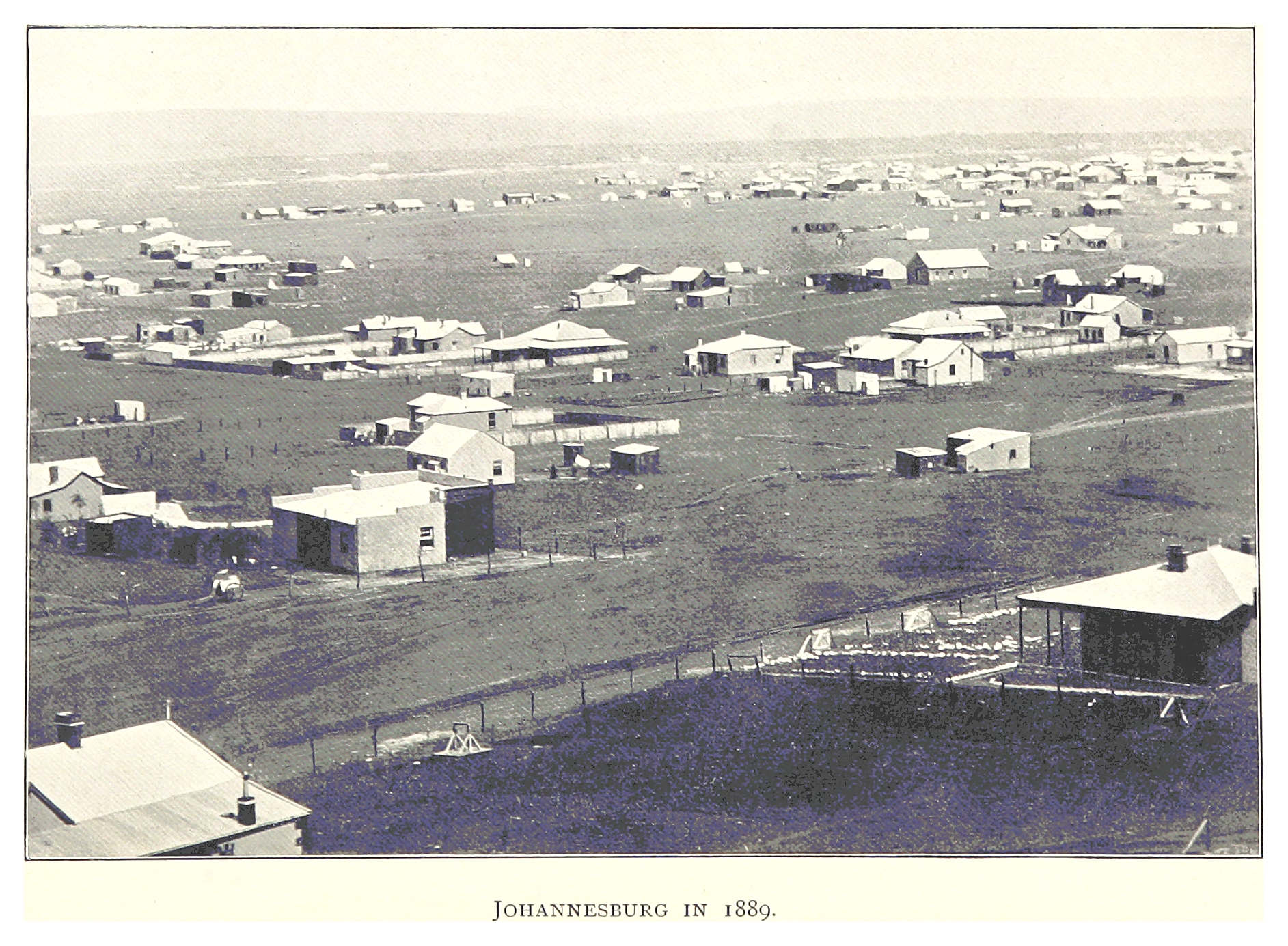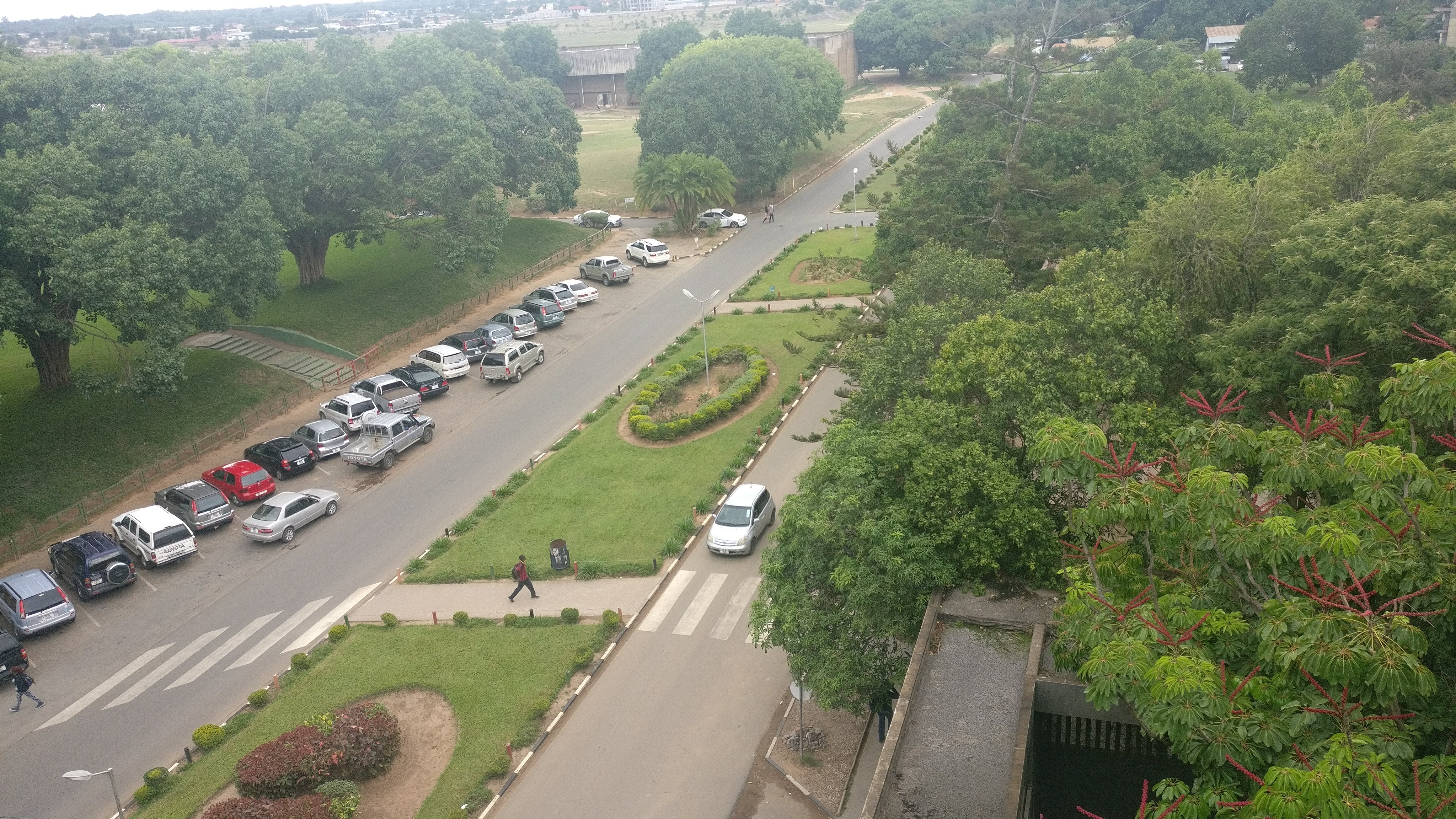|
Levy Mwanawasa
Levy Patrick Mwanawasa (3 September 1948 – 19 August 2008) was the third president of Zambia. He served as president from January 2002 until his death in August 2008. Mwanawasa is credited with having initiated a campaign to rid the corruption situation in Zambia during his term. Prior to Mwanawasa's election, he served as the fourth vice-president of Zambia from November 1991 to July 1994, whilst an elected Member of Parliament of Chifubu (constituency), Chifubu Constituency. Early life and legal career Mr. Mwanawasa was born in Mufulira, Northern Rhodesia, as the second of 10 children. He held a law degree from the University of Zambia. He worked in private law firms from 1974 until 1978 when he formed his own firm: Mwanawasa & Company. In 1985, Mwanawasa served as Solicitor General in the Zambian government but he went back to private practice in 1986. In 1989, he led the legal defence team for Lt. Gen Christon Tembo, who was accused by the Kenneth Kaunda government of ... [...More Info...] [...Related Items...] OR: [Wikipedia] [Google] [Baidu] |
President Of Zambia
The president of the Republic of Zambia is the head of state and head of government of Zambia and is the highest executive authority in the country. The president is elected by popular vote for a five-year term and is responsible for the administration of the government, overseeing the implementation of national policies, and representing Zambia in international affairs. The office was established at Zambia's independence in 1964. The current president is Hakainde Hichilema, who assumed office on August 24, 2021, following the 2021 Zambian general election, 2021 presidential election where his party, the United Party for National Development, won a majority. The president's role includes appointing the Cabinet of Zambia, Cabinet, serving as Commander-in-Chief of the Zambian Defence Force, and ensuring the enforcement of laws. The office was first held by Kenneth Kaunda following Zambia Independence Act 1964, independence in 1964. Since 1991, when Kaunda left the presidency, the ... [...More Info...] [...Related Items...] OR: [Wikipedia] [Google] [Baidu] |
United Party For National Development
The United Party for National Development (UPND) is a political party in Zambia, founded in December 1998 by Anderson Mazoka, a former executive of the Anglo American Corporation. The party emerged as a significant opposition force following a split from the Movement for Multi-Party Democracy (MMD). The UPND positions itself as a centrist party with strong ideological commitments to social and economic liberalism, advocating for policies that support free-market principles, human rights, and democratic governance. The party receives its highest support from rural regions of the country. The UPND rose to national prominence under the leadership of Anderson Mazoka and his protege, Hakainde Hichilema, a businessman who assumed the party's presidency after Mazoka's death in 2006. Under Hichilema's leadership, the party continued to be a major force in Zambian politics, contesting multiple elections before finally winning the presidency decisively in the 2021 elections. Hichilema' ... [...More Info...] [...Related Items...] OR: [Wikipedia] [Google] [Baidu] |
Anderson Mazoka
Anderson K. Mazoka (22 March 1943 – 24 May 2006) was a Zambian politician and President of the United Party for National Development (UPND), the current ruling party. Life Mazoka was born in Monze. He attended Union College, where he graduated in 1969 with a degree in mechanical engineering. For his senior thesis, Mazoka designed and built a wind tunnel in 10 weeks. The tunnel, whose construction attracted attention from the media, filled the basement of the college's Science and Engineering department and would be used for three decades. In the presidential election held on 27 December 2001, he finished second behind Levy Mwanawasa of the ruling Movement for Multiparty Democracy (MMD) party, winning 27.2% of the vote. On 24 May 2006, Mazoka died from kidney complications in Johannesburg, South Africa South Africa, officially the Republic of South Africa (RSA), is the Southern Africa, southernmost country in Africa. Its Provinces of South Africa, nine provin ... [...More Info...] [...Related Items...] OR: [Wikipedia] [Google] [Baidu] |
First Past The Post System
First-past-the-post (FPTP)—also called choose-one, first-preference plurality (FPP), or simply plurality—is a single-winner voting rule. Voters mark one candidate as their favorite, or first-preference, and the candidate with more first-preference votes than any other candidate (a ''plurality'') is elected, even if they do not have more than half of votes (a ''majority''). FPP has been used to elect part of the British House of Commons since the Middle Ages before spreading throughout the British Empire. Throughout the 20th century, many countries that previously used FPP have abandoned it in favor of other electoral systems, including the former British colonies of Australia and New Zealand. FPP is still officially used in the majority of US states for most elections. However, the combination of partisan primaries and a two-party system in these jurisdictions means that most American elections behave effectively like two-round systems, in which the first round choose ... [...More Info...] [...Related Items...] OR: [Wikipedia] [Google] [Baidu] |
2001 Zambian Presidential Election
General elections were held in Zambia on 27 December 2001 to elect a President and National Assembly. The result was a victory for the ruling Movement for Multi-Party Democracy, which won 69 of the 150 National Assembly seats and whose candidate, Levy Mwanawasa, won the presidential vote. The results of the elections were disputed by main opposition parties, including the United Party for National Development, which some observers claimed had won the elections. Some domestic and international election monitors cited serious irregularities with the campaign and election, including vote rigging, flawed voter registration, unequal and biased media coverage, and the MMD's improper use of state resources. In January 2002, three opposition candidates petitioned the Supreme Court to overturn Mwanawasa's victory. While the court agreed that the poll was flawed, it ruled in February 2005 that the irregularities did not affect the results and declined the petition. [...More Info...] [...Related Items...] OR: [Wikipedia] [Google] [Baidu] |
Johannesburg
Johannesburg ( , , ; Zulu language, Zulu and Xhosa language, Xhosa: eGoli ) (colloquially known as Jozi, Joburg, Jo'burg or "The City of Gold") is the most populous city in South Africa. With 5,538,596 people in the City of Johannesburg alone and over 14.8 million in the urban agglomeration, it is classified as a Megacity#List of megacities, megacity and List of urban areas by population, one of the 100 largest urban areas in the world. Johannesburg is the provinces of South Africa, provincial capital of Gauteng, the wealthiest province in South Africa, and seat of the country's highest court, the Constitutional Court of South Africa, Constitutional Court. The city is located within the mineral-rich Witwatersrand hills, the epicentre of the international mineral and gold trade. The richest city in Africa by GDP and private wealth, Johannesburg functions as the economic capital of South Africa and is home to the continent's largest stock exchange, the Johannesburg Stock Exchang ... [...More Info...] [...Related Items...] OR: [Wikipedia] [Google] [Baidu] |
Road Accident
A traffic collision, also known as a motor vehicle collision, or car crash, occurs when a vehicle collides with another vehicle, pedestrian, animal, road debris, or other moving or stationary obstruction, such as a tree, pole or building. Traffic collisions often result in injury, disability, death, and property damage as well as financial costs to both society and the individuals involved. Road transport is statistically the most dangerous situation people deal with on a daily basis, but casualty figures from such incidents attract less media attention than other, less frequent types of tragedy. The commonly used term car accident is increasingly falling out of favor with many government departments and organizations: the Associated Press style guide recommends caution before using the term and the National Union of Journalists advises against it in their Road Collision Reporting Guidelines. Some collisions are intentional vehicle-ramming attacks, staged crashes, vehicula ... [...More Info...] [...Related Items...] OR: [Wikipedia] [Google] [Baidu] |
Kenneth Kaunda
Kenneth Kaunda (28 April 1924 – 17 June 2021), also known as KK, was a Zambian politician who served as the first president of Zambia from 1964 to 1991. He was at the forefront of the struggle for independence from Northern Rhodesia, British rule. Dissatisfied with Harry Nkumbula's leadership of the Zambian African National Congress, Northern Rhodesian African National Congress, he broke away and founded the Zambian African National Congress (1958–1959), Zambian African National Congress, later becoming the head of the socialist United National Independence Party (UNIP). Kaunda was the first president of independent Zambia. In 1973, following tribal and inter-party violence, all political parties except UNIP were banned through an amendment of the constitution after the signing of the Choma Declaration. At the same time, Kaunda oversaw the acquisition of majority stakes in key foreign-owned companies. The 1973 oil crisis and a slump in export revenues put Zambia in a state o ... [...More Info...] [...Related Items...] OR: [Wikipedia] [Google] [Baidu] |
Christon Tembo
Lt. Gen. Christon Tembo (24 May 1944 – 6 March 2009) was a Zambian politician and army commander. He was Minister of Foreign Affairs from 1995 to 1996 and the sixth vice-president of Zambia from 1997 to 2001. He ran for president in the December 2001 election and took third place, with about 13% of the vote. In 1989, he and others were charged with plotting to overthrow President Kenneth Kaunda, which was judged as an act of treason worthy of the death penalty. He was defended in court successfully by attorney Levy Mwanawasa, who was elected as President in 2002. He retired from military service in 1990 and joined the Movement for Multiparty Democracy as vice-president of the party under Frederick Chiluba, who became President in 1991. He fell out with Chiluba over the latter's attempt to gain a third term in office in 2001 and then formed the Forum for Democracy and Development (FDD) as a breakaway party, which he led until his death. He died on March 6, 2009, in Lusaka ... [...More Info...] [...Related Items...] OR: [Wikipedia] [Google] [Baidu] |
Levy Mwanawasa 2004-09-23
Levy, Lévy or Levies may refer to: People * Levy (surname), people with the surname Levy or Lévy * Levy Adcock (born 1988), American football player * Levy Barent Cohen (1747–1808), Dutch-born British financier and community worker * Levy Fidelix (1951–2021), Brazilian conservative politician, businessman and journalist * Levy Gerzberg (born 1945), Israeli-American entrepreneur, inventor, and business person * Levy Li (born 1987), Miss Malaysia Universe 2008–2009 * Levy Mashiane (born 1996), South African footballer * Levy Matebo Omari (born 1989), Kenyan long-distance runner * Levy Mayer (1858–1922), American lawyer * Levy Middlebrooks (born 1966), American basketball player * Levy Mokgothu, South African footballer * Levy Mwanawasa (1948–2008), President of Zambia from 2002 * Levy Nzoungou (born 1998), Congolese-French rugby player, playing in England * Levy Rozman (born 1995), American chess IM, coach, and content creator * Levy Sekgapane (born 1990), S ... [...More Info...] [...Related Items...] OR: [Wikipedia] [Google] [Baidu] |
University Of Zambia
The University of Zambia (UNZA) is a public university located in Lusaka, Zambia. It is Zambia's largest and oldest learning institution. The university was established in 1965 and officially opened to the public on 12 July 1966. The language of instruction is English. History The beginnings of UNZA can be traced back to before the Second World War when the idea to establish a University in Northern Rhodesia was conceived. However, plans were halted when the war broke out and only revived after. The colonial government instituted plans to set up a Central African University College, for Africa, due to the development of higher education institutions in most parts of Africa. The Central Africa council (CAC) appointed a committee to investigate requirements for a college for higher education and, it subsequently recommended that a college for higher education be established. A subsequent investigation into the need for higher education for Africans in Central Africa was conducted ... [...More Info...] [...Related Items...] OR: [Wikipedia] [Google] [Baidu] |






